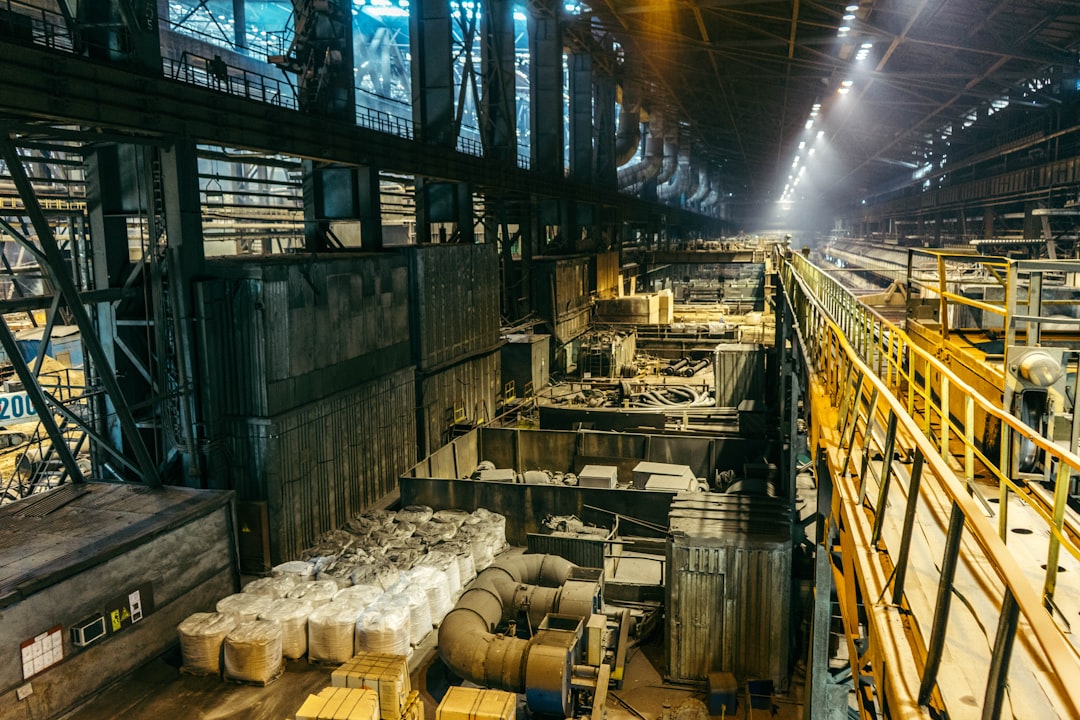Turkey’s steel industry has undergone a remarkable transformation, evolving from a relatively small player to a significant force in the global steel market. This ascent is a testament to strategic investments, technological advancements, and a commitment to meeting international standards. This blog post delves into the key aspects of Turkish steel’s presence on the world stage, examining its strengths, challenges, and future prospects.
The Strength of Turkish Steel Production
Turkey’s steel production capacity has steadily increased over the past few decades. This growth is fueled by substantial investments in modern steel mills equipped with advanced technologies. The country boasts a diverse range of steel production facilities, capable of producing a wide variety of steel grades, including flat rolled products like coils and sheets, and long products such as rebar and wire rod. This versatility allows Turkish steel producers to cater to a broad spectrum of industries, from construction and automotive to shipbuilding and energy. Furthermore, the strategic geographical location of Turkey, bridging Europe and Asia, provides significant logistical advantages for exporting steel to diverse markets.
Exporting Turkish Steel: Global Reach and Market Share
Turkey is a major exporter of steel, with its products reaching numerous countries across the globe. The country’s competitive pricing, often driven by lower production costs compared to some European or North American counterparts, makes it an attractive supplier. However, Turkey’s export strategy extends beyond simply offering competitive prices. Turkish steel producers are increasingly focusing on quality and compliance with international standards, building strong relationships with buyers and establishing a reputation for reliability. Key export markets include the Middle East, North Africa, and Europe, but Turkish steel is also making inroads into other regions. The ongoing diversification of export destinations mitigates risks associated with reliance on any single market.
Key Players and Industry Structure in Turkish Steel
The Turkish steel industry is comprised of both large integrated steel mills and smaller specialized producers. Several major corporations dominate the landscape, controlling a significant portion of the national production capacity. These companies play a crucial role in shaping the industry’s strategies, investments, and overall performance. However, the industry also features a dynamic network of smaller players specializing in niche products or serving specific regional markets. This mix of large corporations and smaller specialized producers contributes to the diversity and resilience of the Turkish steel sector. The government also plays a significant role through policy initiatives aimed at supporting the industry’s growth and competitiveness.
Challenges and Opportunities for Turkish Steelmakers
Despite its impressive growth, the Turkish steel industry faces several challenges. Fluctuations in global steel prices, influenced by factors such as economic downturns and changes in global demand, can significantly impact profitability. Competition from other steel-producing nations, particularly those with lower labor costs, remains a persistent concern. Furthermore, environmental regulations and the need for sustainable practices are placing increasing pressure on steel producers to adopt more environmentally friendly production methods. However, these challenges also present opportunities. The growing global demand for sustainable steel, coupled with ongoing technological advancements in steel production, creates a pathway for Turkish steelmakers to enhance their competitiveness by investing in greener technologies and offering environmentally friendly products. This presents a significant opportunity to attract environmentally conscious buyers.
The Future of Turkish Steel in the Global Market
The future of Turkish steel in the global market appears promising, provided the industry continues to adapt and innovate. Continued investment in modernizing production facilities, embracing sustainable practices, and focusing on high-value-added products will be crucial for maintaining competitiveness. Strategic partnerships with international companies and participation in global value chains will also contribute to the industry’s long-term growth. The Turkish government’s support for the steel industry, through policy initiatives and infrastructure development, will play a vital role in ensuring its continued success. Furthermore, effective management of environmental concerns and a commitment to sustainability will be key to securing long-term market share and maintaining a positive global image.
In conclusion, the Turkish steel industry has established itself as a significant player in the global market. While challenges exist, the industry’s adaptability, strategic investments, and commitment to innovation position it for continued growth and success in the years to come.
Tags: Turkish steel, global steel market, steel exports, Turkish steel industry, steel production




